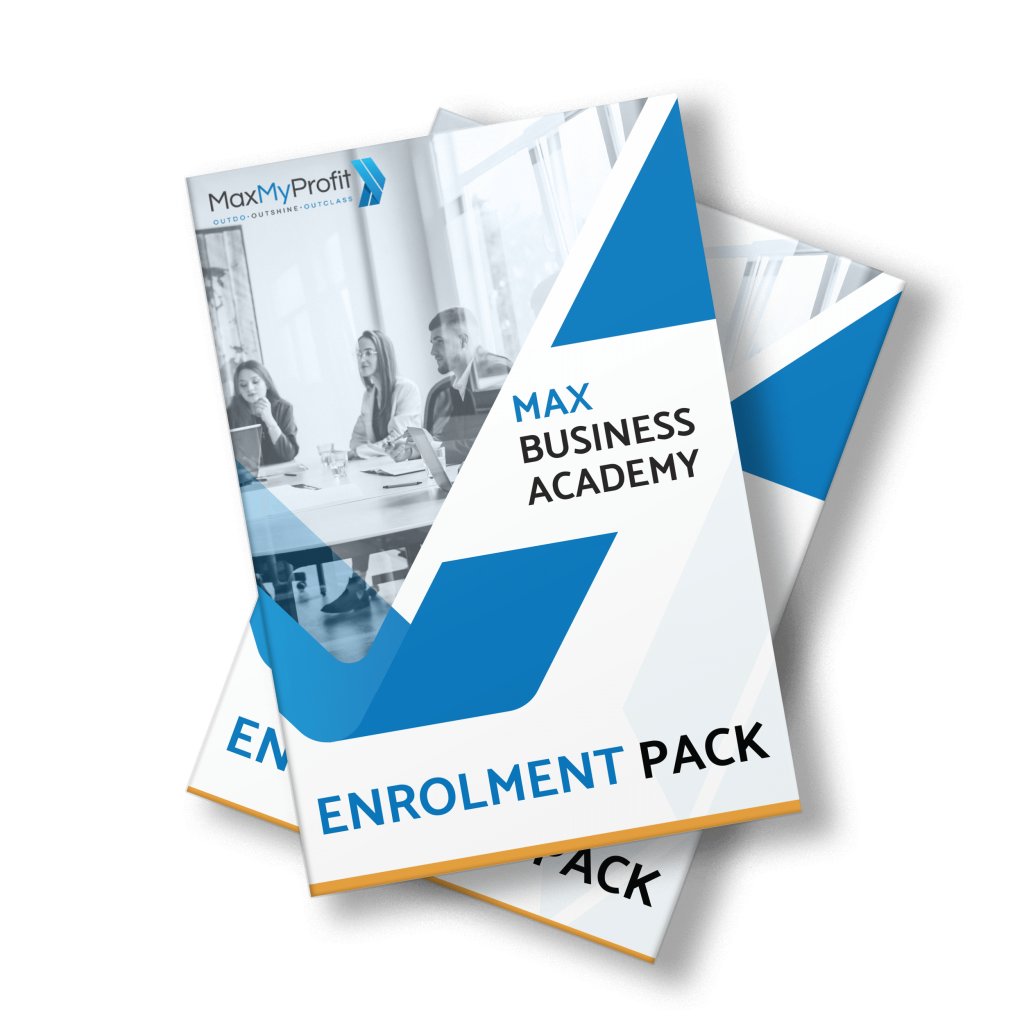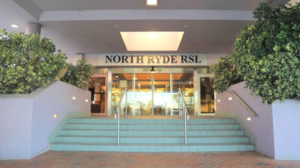It’s very common to see business people complaining about the volume of email they receive and many just start a despising their inbox, and dread it even. For most people, their inbox becomes the central hub of their workflow and that is how they routinely communicate & exchange information with staff, co-workers, business associates, clients and suppliers. This also means that a large percentage of that mail is relevant and very important to their business and not something that can be overlooked or sidelined.
Tips to Managing Emails at Work
The only way to maintain a sense of sanity while you are being snowed-in by an avalanche of emails is to learn how to manage them better. Here are some practical guidelines that will help you manage your inbox effectively & ensure that it’s not managing you:
Tip #1: Send less email, receive less in return
This may sound like a ridiculously simple solution to an all-pervasive problem; however, consider this to be the key to effective email management. Just send less email and you will find that there is at least a 20% drop in the amount of mails you receive; not just from the people you were going to send those emails to, but also from people who would have been copied on that mail
Tip #2: Mark as unread
When you want to get back to an important email later, simply “mark as unread”. This option will show up when you hold the mouse on a particular email and right click on it. This practice will fundamentally change the way you work. When you mark mails as unread, you can quickly glance through your inbox and respond to the most urgent ones, delete those that are irrelevant. You may not realise this, but it takes a lot of pressure of your mind. In a way, it also acts as your “to-do” list that you can address later
Tip #3: Establish a set routine
Set a routine of checking mails. Start your day early, calmly go through your inbox, clear the unimportant mails, mark important ones as unread and immediately reply to the ones that are super-urgent. Do this a couple of times during the day and before you go to bed at night. It’s generally when you deviate from a routine that the problem starts
Tip #4: Be precise with email wording
Choose the words in your email with care; avoid ambiguity & misrepresentation. When you are more precise with your emails, you will also see fewer subsequent emails that ask follow-up questions or additional clarity. This helps you and your team work in a more efficient manner.
Tip #5: Pay attention while addressing mails
To most people the “To” and “Cc” fields are largely synonymous. Keep in mind that they aren’t. The “To” field should have the name of the person you expect a response from and the person you copy on the mail is the one who needs the appropriate context. If you add 6 names in the “To” field, chances are you will receive 6 responses which will generate 6 different threads when all you needed was a response from one person.
Tip #6: Acknowledge receipt
This is a very easy one. Even when you don’t really have anything to say with reference to a particular mail, it’s important to respond with a “Thanks” or a “Got It”. This tells the sender that you have received their mail and he/she will not send you another one with the same content to check whether you received the previous one.
Tip #7: Keep aggression off email communication
If you get triggered by something in an email you received, its best to avoid sending out a rebuttal or a response that has an aggressive tone to it. This will only solicit another response which can become an unending thread of conversation. If there is something controversial or lengthy that has to be discussed, it’s best to do so in person or over a phone call. Only the final outcome of that conversation need be sent in a mail starting with – “As per our discussion”.
Incorporate some or all of these inbox practices and you will find that you are able to deal with your email in a calm and composed manner and it will increase your efficiency and productivity levels too.
About the Author
Ben Fewtrell is a sought-after Business Coach, Keynote Speaker and trainer who has featured in Virgin’s Inflight Magazine and Entertainment Portal, SKY Business and “Secrets of Top Business Builders Exposed”. He is also the host of the popular Business Brain Food Podcast where he interviews leading experts on anything and everything business.









